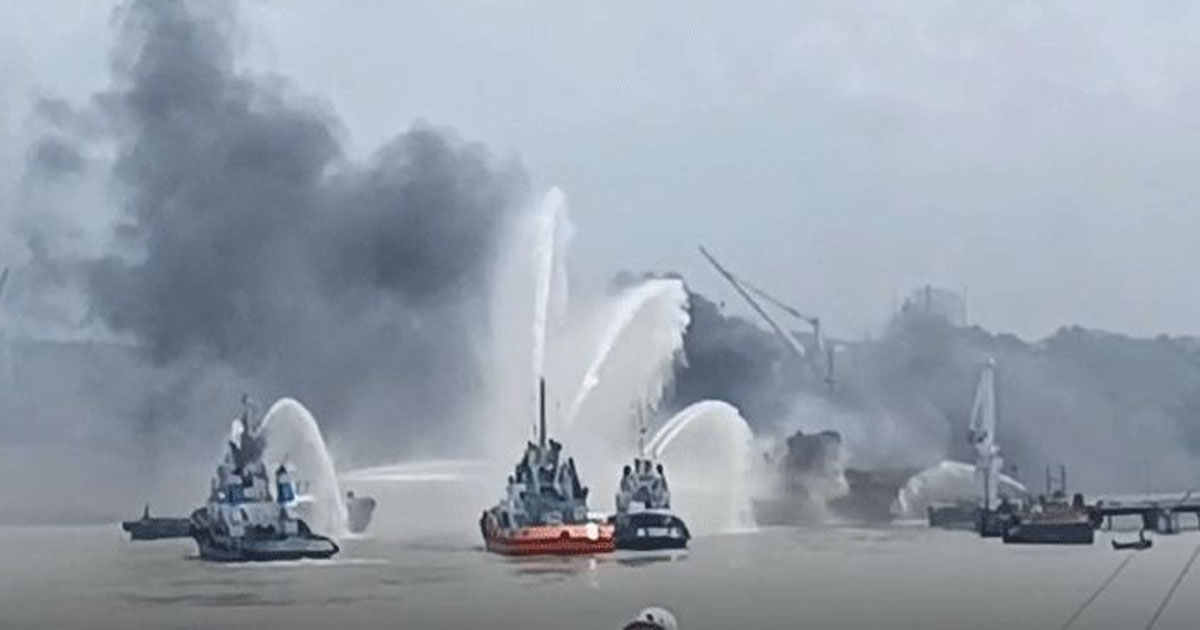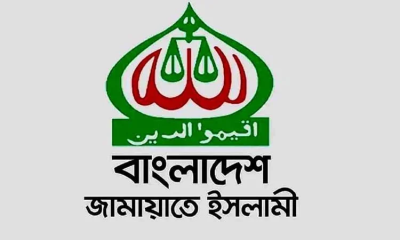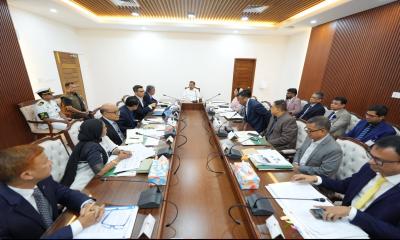Within a span of just 12 days, four fuel-carrying vessels have caught fire. While one of the fires was initially brought under control, three other ships have been completely destroyed.
The series of incidents involving fuel carriers in such a short span has raised concerns in various quarters. There are also questions about whether the fires are being deliberately set with malicious intent.
The incidents involving these four ships, especially the fire on the foreign LPG-carrying vessel, are likely to cause apprehension among traders about sending ships to Bangladesh.
On September 30, a fire broke out on the MT Banglar Jyoti, owned by the Bangladesh Shipping Corporation (BSC), leading to an explosion. Three people were killed in that incident.
Banglar Jyoti was supplying oil from a mother vessel to the Eastern Refinery Limited (ERL).
Just four days later, another BSC ship, Banglar Shourabh, caught fire, resulting in one death. It was also transporting oil from a mother vessel to the refinery.
Before the repercussions of the two fires could subside, another horrific incident occurred. Last Saturday night, two LPG-carrying ships caught fire in Kutubdia, Cox`s Bazar.
Among them, the mother vessel "Captain Nicholas" is foreign-owned, while the lighterage vessel "Sophia" is domestically owned.
After the severe fire on the two LPG-carrying ships, it took 12 hours to bring the situation fully under control. Thirty-one crew members jumped into the sea to save their lives, and they were later rescued by a tugboat.
A committee has been formed to investigate the three fire incidents involving the four ships. However, suspicions remain about the cause of these fires.
The Banglar Shourabh and Banglar Jyoti, which were completely destroyed in the fires, were responsible for importing crude oil for ERL. This refinery, under the Bangladesh Petroleum Corporation (BPC), processed approximately 1.3 million tons of fuel oil in the last fiscal year.
Both Jyoti and Shourabh transported oil from the mother vessel to the ERL factory. With both ships being completely destroyed within four days, questions are naturally arising about how this oil will now be sourced.
An official from BPC, speaking on condition of anonymity, told TheReport.Live that they are not concerned about how the oil will come. Their contract is with the BSC, which is responsible for arranging the ships.
The official stated that BPC has already rented a lighterage vessel from abroad to supply oil to ERL, which has a capacity greater than the combined capacity of Jyoti and Shourabh.
After the fires on the two ships, Commodore Mahmudul Malek, the Managing Director of BSC, stated at a press conference on October 5 that the series of fires in a short period could be an attempt to disrupt national fuel security.
This suspicion has resurfaced after the fire on the two LPG-carrying ships last Saturday.
Atique Ua Khan, who works as a captain on domestic and foreign commercial ships, wrote on his Facebook, "I spent 25 years on foreign ships. There were very high safety standards, and they were maintained accordingly. The occurrence of four fires and explosions in just 12 days is undoubtedly very unusual."
A Wadud Khan, a former managing director of Eastern Refinery Limited (ERL), believes that such continuous incidents, especially involving foreign ships, will worry ship owners.
He stated, "Bangladesh has become quite dependent on LPG. If LPG cannot be imported, as you mentioned, there is a lack of confidence from outsiders. The image of Chittagong Port is also deteriorating. Many may not want to send ships."
Wadud Khan added, "Explosions and fires require three components: fuel, oxygen or air, and heat."
The incidents of fire on the ships have also spread panic among sailors.
Captain Md. Anam Chowdhury, president of the Bangladesh Merchant Marine Officers` Association, stated, "Four of our crew members have died. You can buy and bring a ship. You can hold someone accountable. But you cannot bring these people back."
"Those who died had horrific deaths. When an explosion occurs, temperatures can reach between 800 and 1500 degrees. In short, you will be incinerated," he said, emphasizing the need to enhance safety and supervision.

















-20260222063838.webp)















